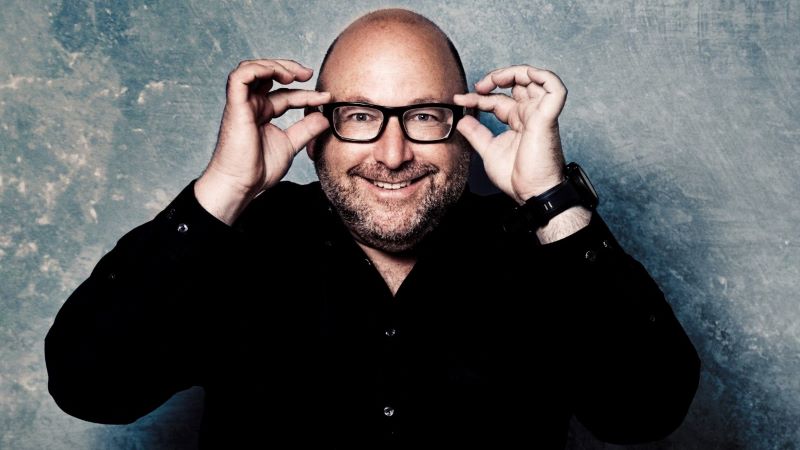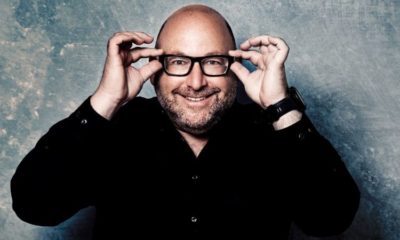
Voices

A total eclipse of the mind
It’s difficult to imagine a world so devoid of challenge that I would be intrigued by a solar eclipse. It’s equally difficult to imagine a scenario that my “to do” list was so magnificently complete, that I would, even for a fleeting moment, consider writing, “Buy solar eclipse glasses x4”, and thinking that there was even a sliver of chance that I would have the time, interest, or capacity to put it into action. Or that I would be able to find three like-minded and blessed people to hand them out to.
I genuinely have no understanding what the fuss is about. And why anyone would care that for a limited period, that day would be turned to night. Or something.
Which is why it’s fortunate that this week’s eclipse wasn’t visible in the “global south” as it was in other parts of the world. South Africans were last treated to this occurrence 22 years ago, on 4 December 2002, and won’t see another total solar eclipse for some years – until 25 November 2030, to be exact.
It’s perhaps the rarity of the event that makes it enticing, especially considering that a world of darkness is something that we experience every 24 hours. Nightly, as it were. I further find it hard to associate sudden and unexpected darkness with something positive and exciting. But that might be the fault of Eskom, which has traumatised a whole nation by inflicting it with an irrational fear of sudden darkness.
For Americans, it might well be fun. But for South Africans, it could trigger their anxiety to such a degree, they might never recover. For residents of the United States, the consequence of being ill prepared for the eclipse is potentially damaged eyesight. For South Africans, it’s an emotional abyss of mental health.
It’s only now that the solar eclipse is over that I have the courage to say what I should have said weeks ago. Eclipses are boring. They happen in silence, without any drama, without any form of musical accompaniment, and without consequence. No-one gets hurt, no-one benefits, and no-one dies. Witness an eclipse or not, the result is the same. It’s like watching the Oscars. You think that there will be something of interest. But honestly. There isn’t.
And they make you buy and wear ugly glasses.
I surmise that because of how dull eclipses are, there’s a need to weave mythology into their occurrence. Because in of themselves, it’s such a non-event that we seek meaning from the past. It is, I believe, the first example of “confirmation bias”, a term coined by English psychologist Peter Wason, and is the tendency of people to favour information that confirms or strengthens their beliefs or values, and which is difficult to dislodge once affirmed. Although we associate confirmation bias with social media and news reporting in the modern world, I believe eclipse watchers have been doing this since before Pharoah buried himself in a triangle.
I don’t mean to be the eclipse hating guy. But in a world of such immense darkness, I would rather us celebrate the hell out of the moments of light. I would rather bask in the sunshine than focus on the moon. I would rather we spoke about the living rather than the dead. I would that we didn’t have to protect our eyes, and that we rejoiced not the arrival of dusk, but the breaking of a new and beautiful dawn.






